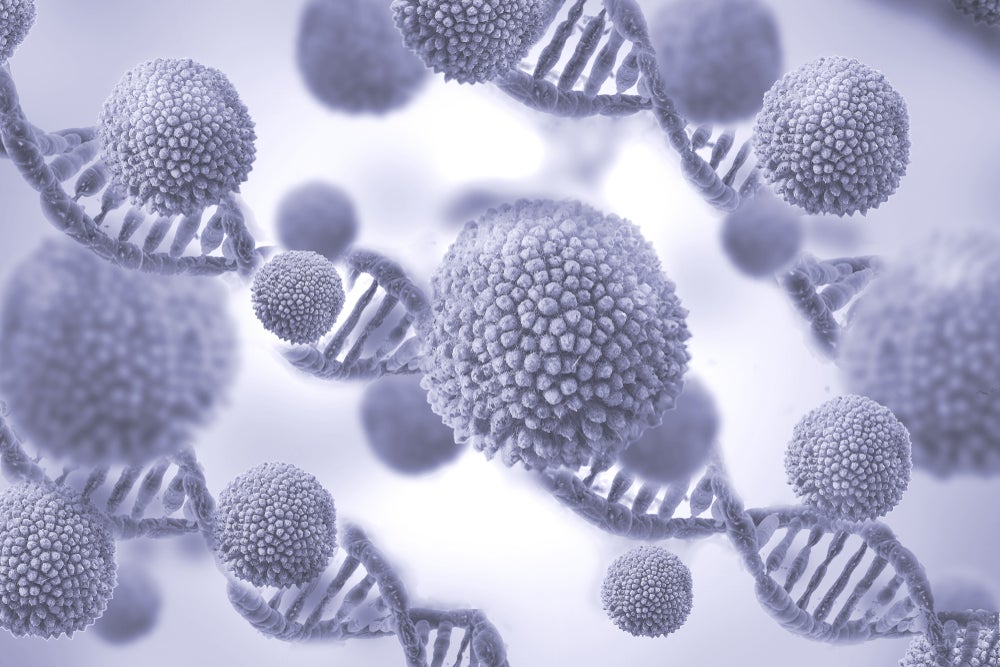While the advancement of comprehensive genomic profiling (CGP) ushers in a more targeted approach to treating patients with cancer, BillionToOne says its approach could overcome limitations present in some patients.
CGPs use circulating tumour DNA (ctDNA) – fragments of genetic material that break off from the tumour and enter the bloodstream – to detect mutations and match these to targeted treatments. BillionToOne states these have less utility when the ctDNA signal is low, which is common even in late-stage cancer patients. The company has designed an assay to overcome these limitations by offering higher sensitivity.
In an abstract presented at the American Society of Clinical Oncology Annual Meeting (ASCO24), BillionToOne’s NorthStar Select – the company’s liquid biopsy test for tumour profiling – has come out favourably in a head-to-head comparison with commercially available assays.
The NorthStar Select provides a prioritised list of mutations present in a patient’s tumour using next-generation sequencing (NGS).
BillionToOne analysed clinical samples from 182 patients with advanced forms of solid tumours using its NorthStar Select or comparator assays. The company found its device detected 43% more pathogenic variants when controlled for matched coverage regions.
“The great majority of variants that we found that the other assays did not were in the low variant allele fraction, the very low range. This more sensitive test could find things that other assays could not,” BillionToOne’s chief medical officer Dr Gary Palmer told Medical Device Network.
“We also looked at copy numbers, which is another treatable type of alteration, and we found more copy number gains and losses.”
Tumour profiling is becoming increasingly important in oncology as treatment paradigms move from a “one size fits all” approach to precision therapies.
“Almost 70% of the extra variants that we found are what we call actionable. This means that there are either drugs approved against them, they are entry criteria for clinical trials, or they are known resistant mutations. They are something that doctors can use in their treatment decision,” Dr Palmer added.
“The more options you can come up with in the targeted treatment arena, the better it is for the patient.”
The global liquid biopsy market in oncology was valued at $4.3bn in 2022 and is projected to reach $10bn by 2027, with a growth rate of 18.3%, according to analysis by GlobalData. In December 2023, BillionToOne partnered with Johnson & Johnson to supply screening assays for a Phase III trial investigating nipocalimab in pregnancies at risk for severe haemolytic disease of the foetus and newborn.
BillionToOne’s Unity foetal antigen non-invasive prenatal test clinical trial assay is being used to determine patient eligibility in the trial.









